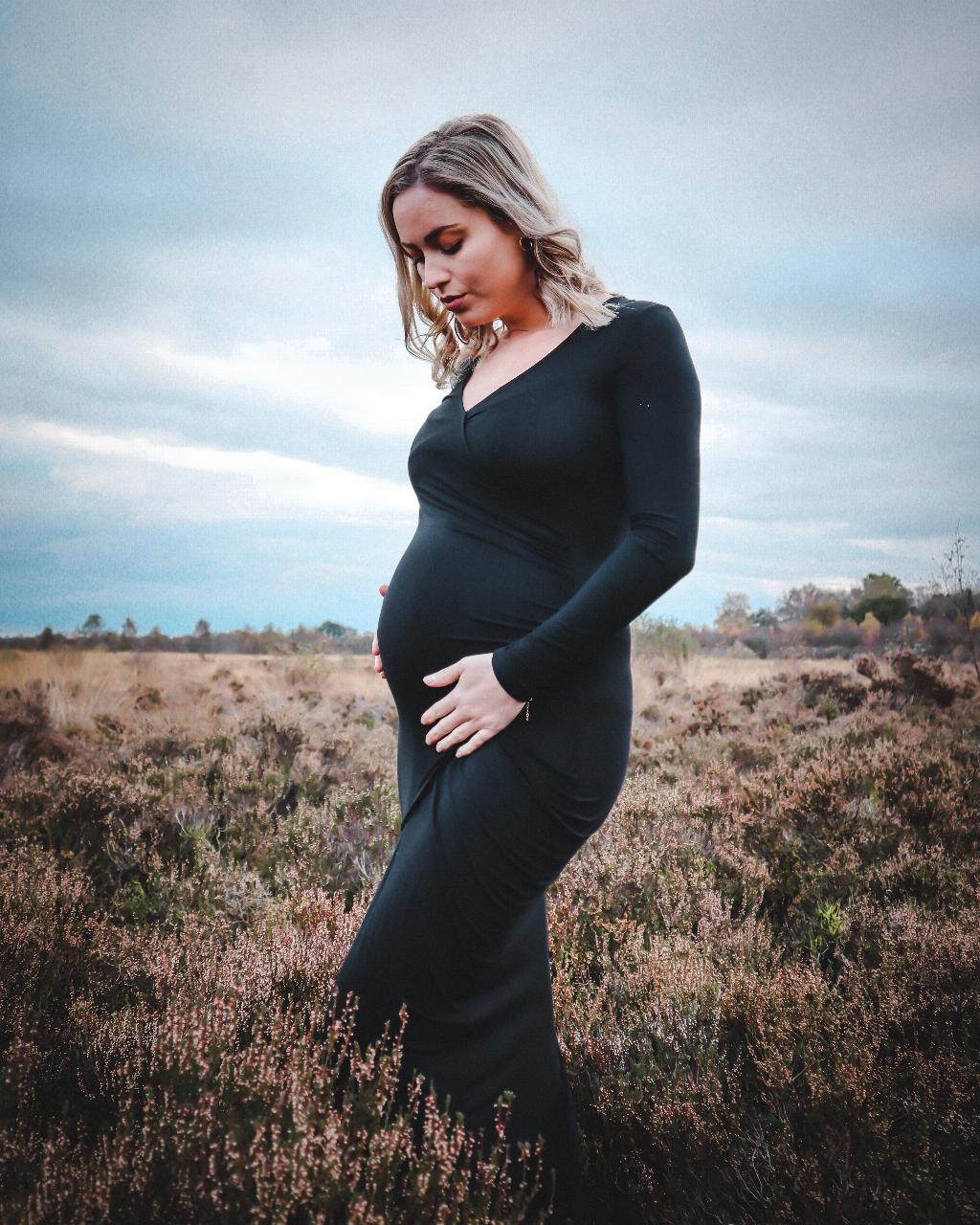Week 9 of pregnancy can be particularly challenging for many expectant mothers. This period is often referred to as the “worst” week of pregnancy due to several factors that can make it more difficult for women to cope with the physical and emotional changes they are experiencing.
One of the main reasons why week 9 of pregnancy can be so tough is due to the peak of morning sickness that many women experience during this time. Morning sickness typically starts around week 5 and reaches its peak at week 9 or 10, coinciding with the highest levels of the pregnancy hormone hCG. The constant nausea, vomiting, and fatigue associated with morning sickness can make it extremely challenging for women to perform their daily activities and can take a toll on their overall well-being.
During week 9 of pregnancy, many women also start to experience increased hormonal changes that can lead to mood swings, irritability, and heightened emotions. The fluctuating hormone levels can make women feel more emotional and vulnerable, adding to the stress and discomfort they may already be experiencing.
Furthermore, week 9 of pregnancy is a time when the physical changes in the body become more pronounced. Women may start to notice their clothes feeling tighter as their breasts continue to grow and their abdomen begins to expand. These changes can be both exciting and overwhelming, as women come to terms with the reality of their changing bodies.
Another factor that contributes to week 9 being a challenging time for many pregnant women is the increased frequency of doctor’s visits and prenatal tests. As women progress further into their pregnancy, they typically have more frequent appointments to monitor the health of both themselves and their baby. This added pressure of medical appointments can add to the stress and anxiety that many women may already be feeling.
Week 9 of pregnancy can also be difficult for women who are trying to keep their pregnancy a secret during the early stages. As the physical changes become more noticeable, women may struggle to conceal their growing belly from others, leading to feelings of insecurity and fear of judgment.
Moreover, the fatigue that many women experience during week 9 of pregnancy can be overwhelming. The combination of hormonal changes, physical discomfort, and emotional stress can leave women feeling utterly exhausted, making it challenging for them to keep up with their usual routine and responsibilities.
On top of all these physical and emotional challenges, many women also have to deal with the uncertainty and anxiety that often comes with pregnancy. Week 9 is still relatively early in the pregnancy, and some women may feel overwhelmed by the unknowns and what lies ahead, adding to their overall sense of unease and apprehension.
Additionally, the societal pressures and expectations surrounding pregnancy can also make week 9 a difficult time for many women. The pressure to have a “perfect” pregnancy, coupled with the fear of judgment and criticism from others, can weigh heavily on women and contribute to their feelings of stress and inadequacy.
In conclusion, week 9 of pregnancy can be considered the “worst” week for many women due to a combination of factors, including peak morning sickness, hormonal changes, physical discomfort, increased medical appointments, secrecy concerns, fatigue, anxiety, and societal pressures. It is essential for women to seek support from their loved ones, healthcare providers, and other resources to help them navigate through this challenging time and ensure a healthy and positive pregnancy experience.

